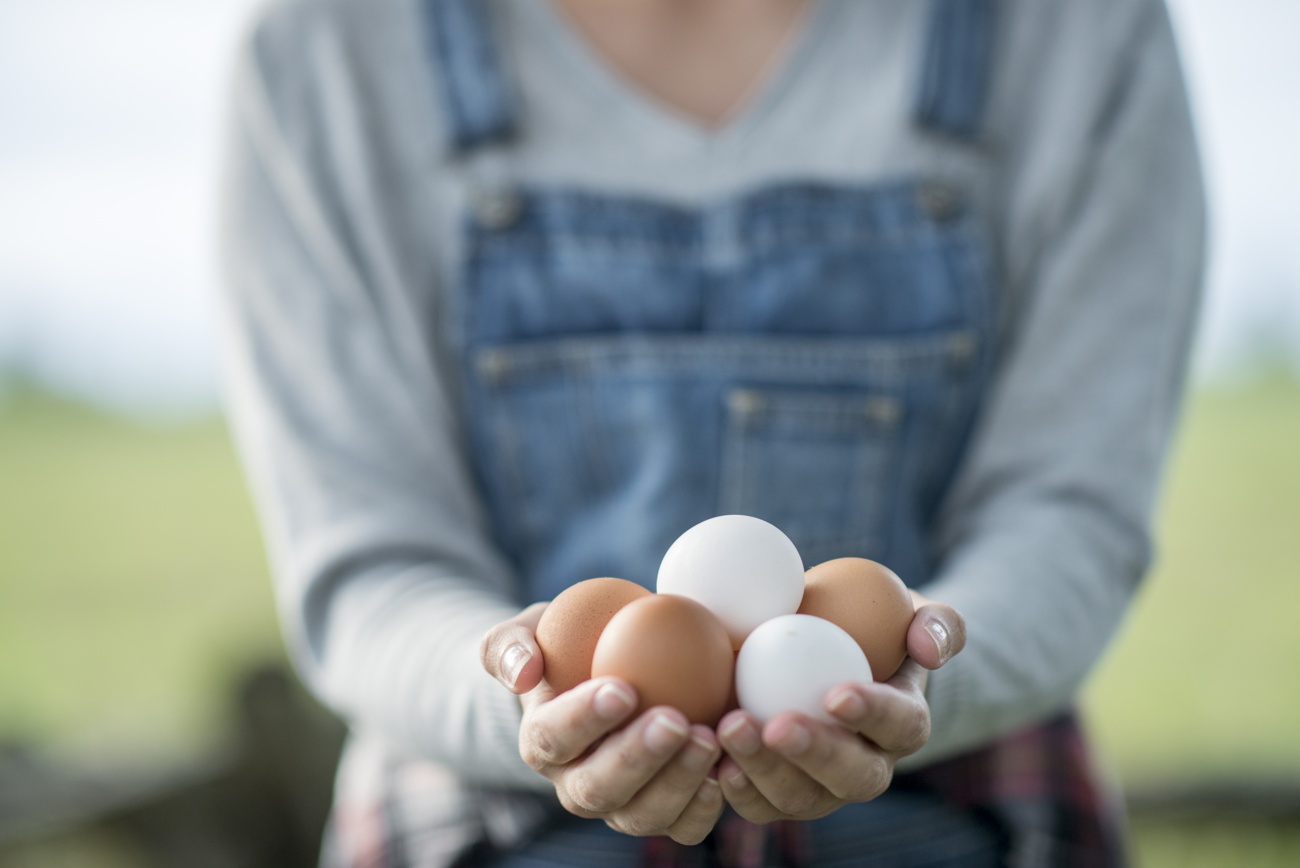
The most nutritious food
According to the FAO (United Nations Food and Agriculture Organization), eggs are the most nutritious food after breast milk: they are rich in protein, contain vitamins, minerals and essential amino acids, and provide antioxidants and fatty acids that benefit health, including cardiovascular health.
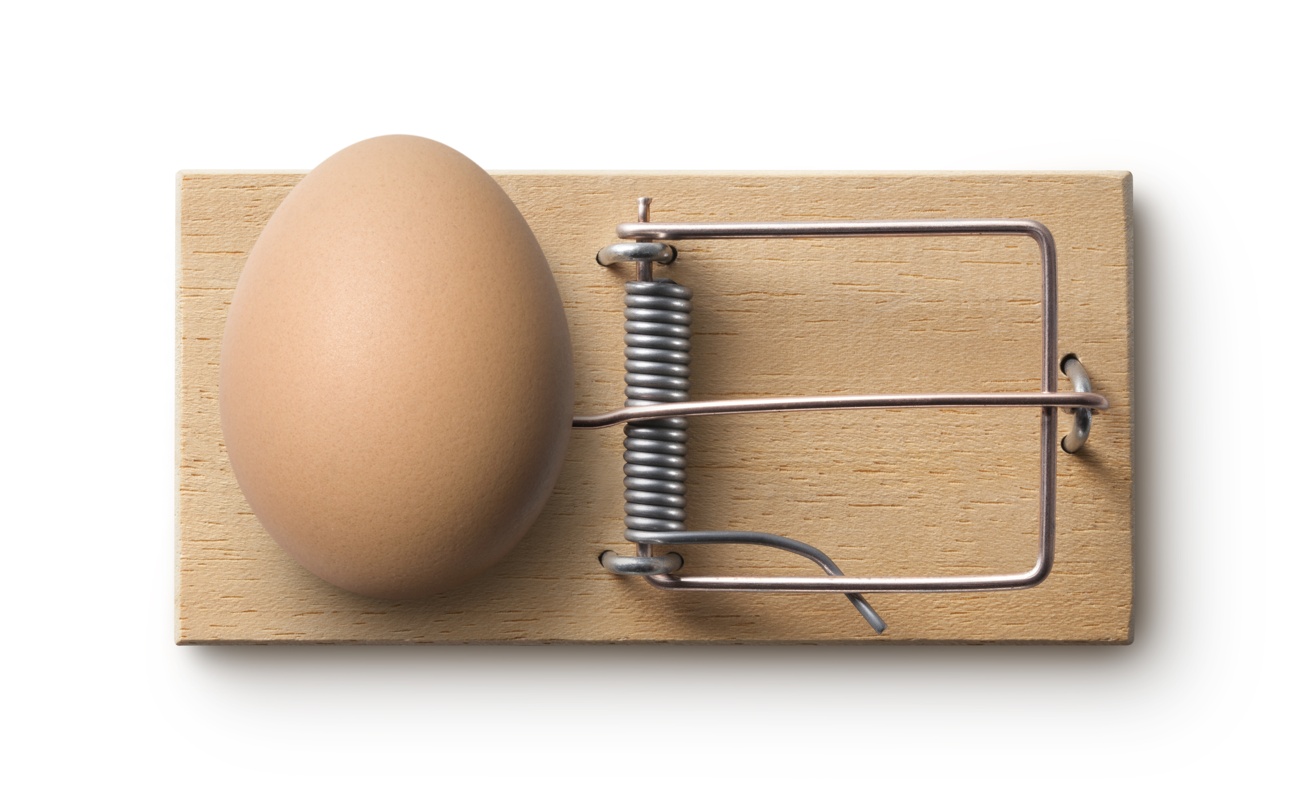
Frequent questions
To enjoy all the benefits offered by this «superfood», we solve the most frequent doubts that usually arise about eggs and that will help us to consume them better:
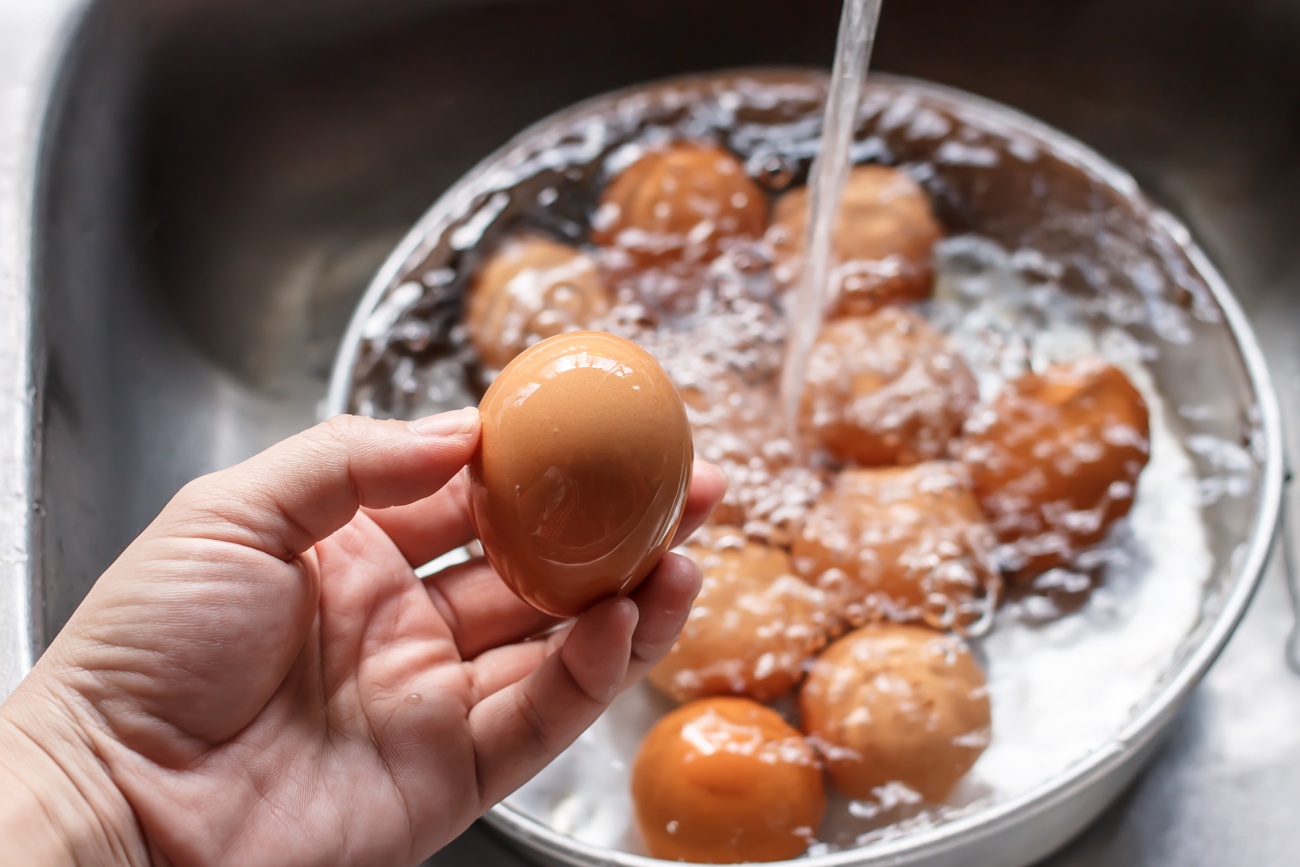
Can I wash the eggs before storing them in the refrigerator?
No. Eggs should never be washed before storing them in the refrigerator, but they can be washed just before cooking. If they are washed and then stored, external contamination, as the egg has a porous surface, could spoil the inside of the egg.
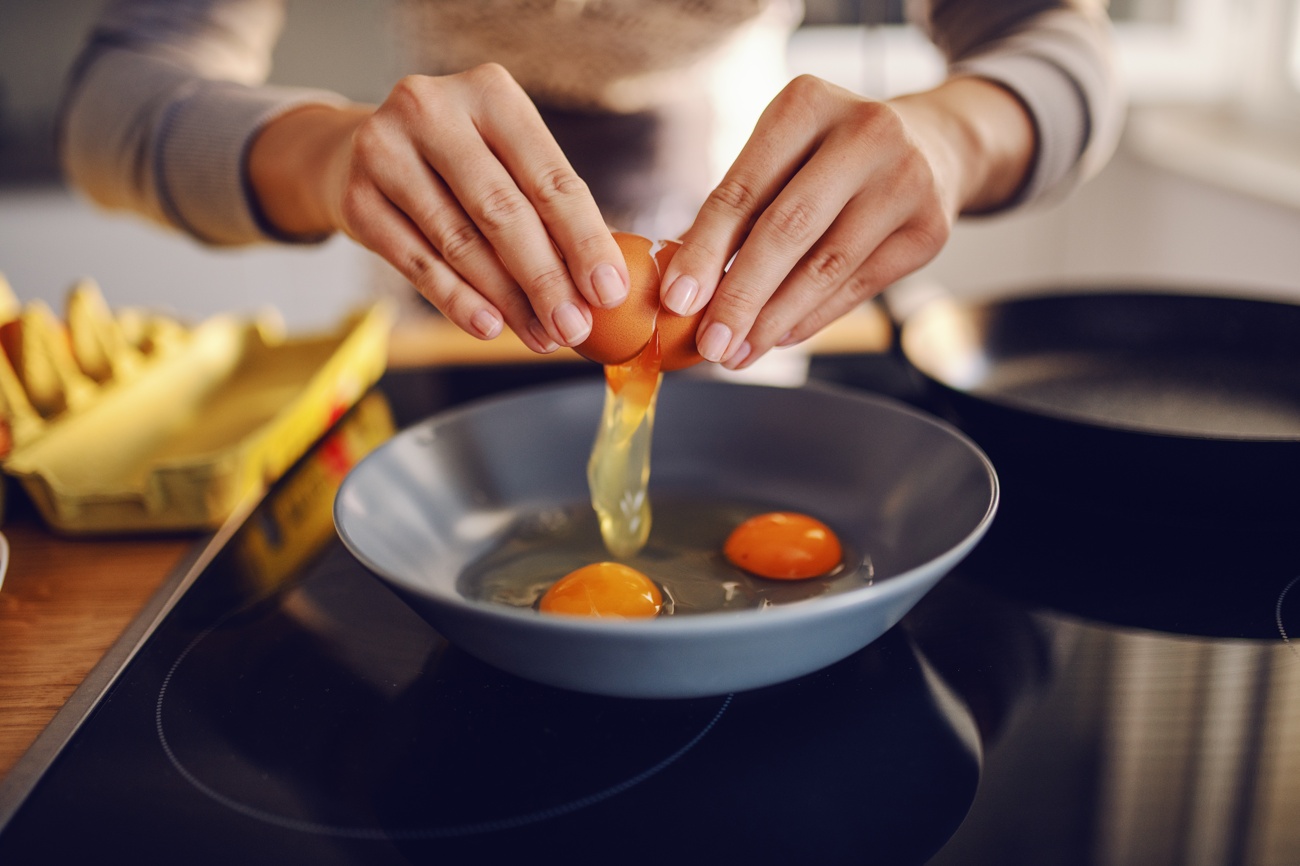
Can I break the egg in the same pan in which I am going to cook it?
This is undoubtedly a common practice, that of breaking the egg on the edge of the frying pan or on the edge of the dish in which we are going to beat the egg. However, it is advisable to do it in a different container from the cooking one, for example, in a separate bowl or plate. This will prevent bits of the shell from falling into the bowl and contaminating the inside of the egg.
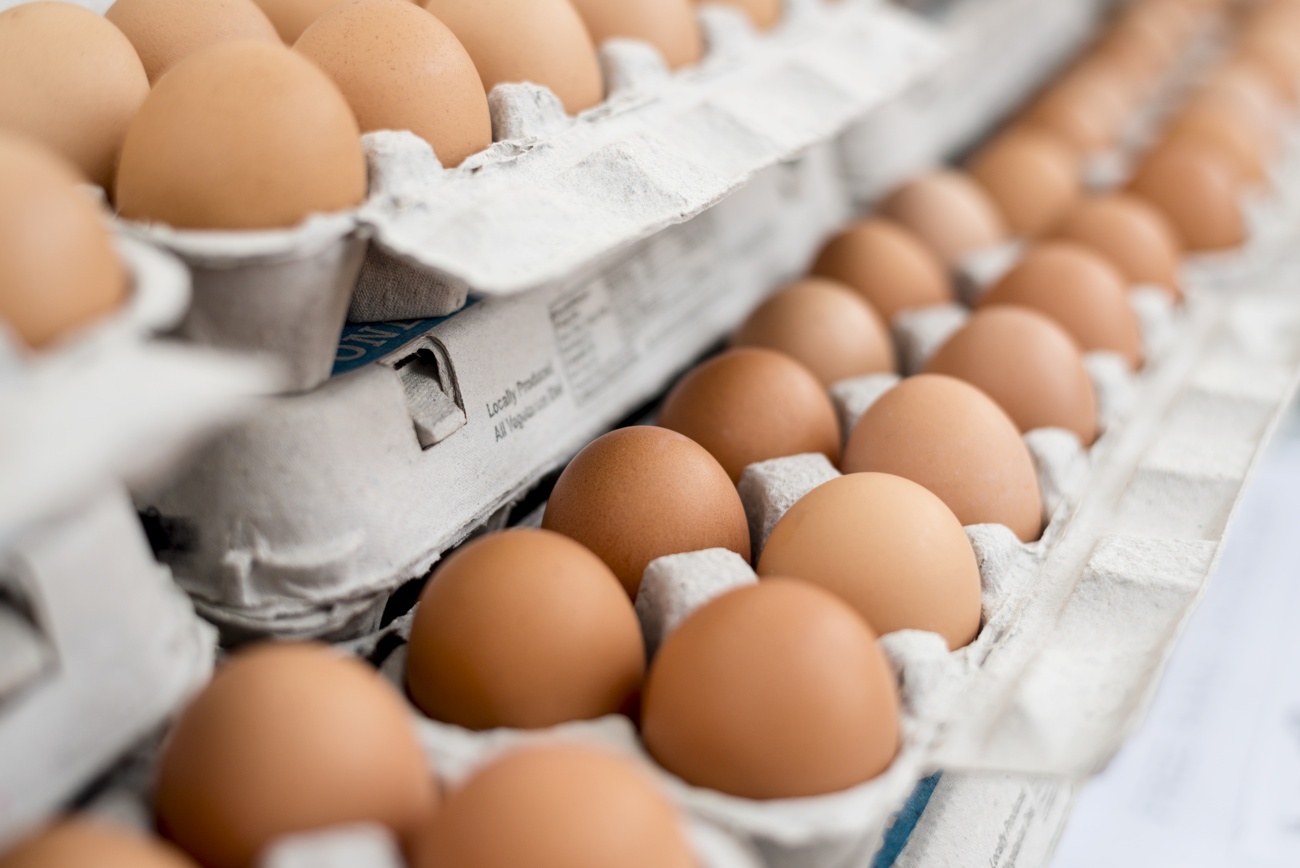
How can I choose the freshest eggs in the supermarket?
When you go grocery shopping, look for the most recently laid egg carton, just as you do with clothing when choosing your size. You’ll have more days to enjoy your eggs fresh.
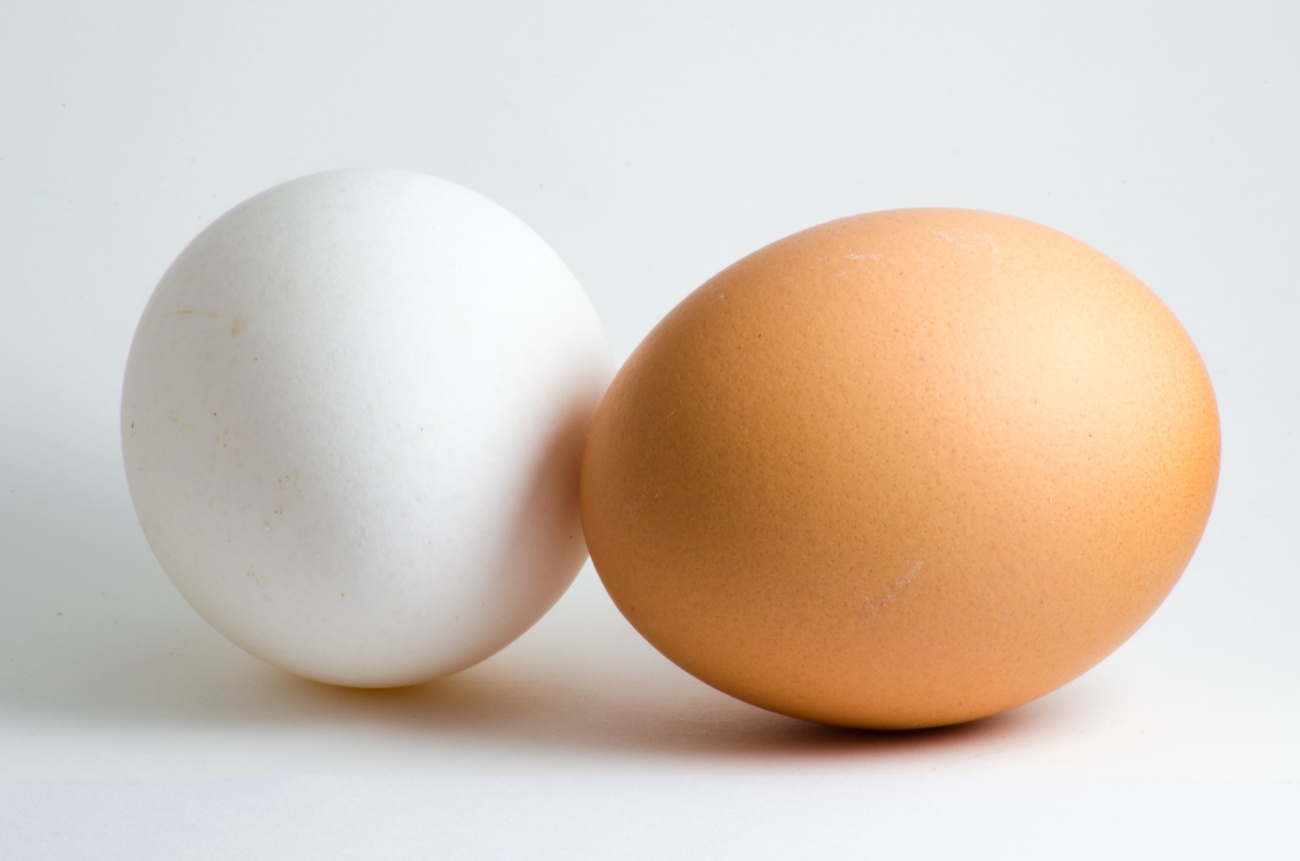
Are white or brown eggs better?
The truth is that experts do not see major nutritional differences between white and brown eggs from hens with white and brown plumage, respectively. The hen’s egg, whatever its color, is a real superfood because of its nutritional value; however, everything depends on good husbandry. A hen in poor health, mistreated or underfed will produce poorer quality eggs.
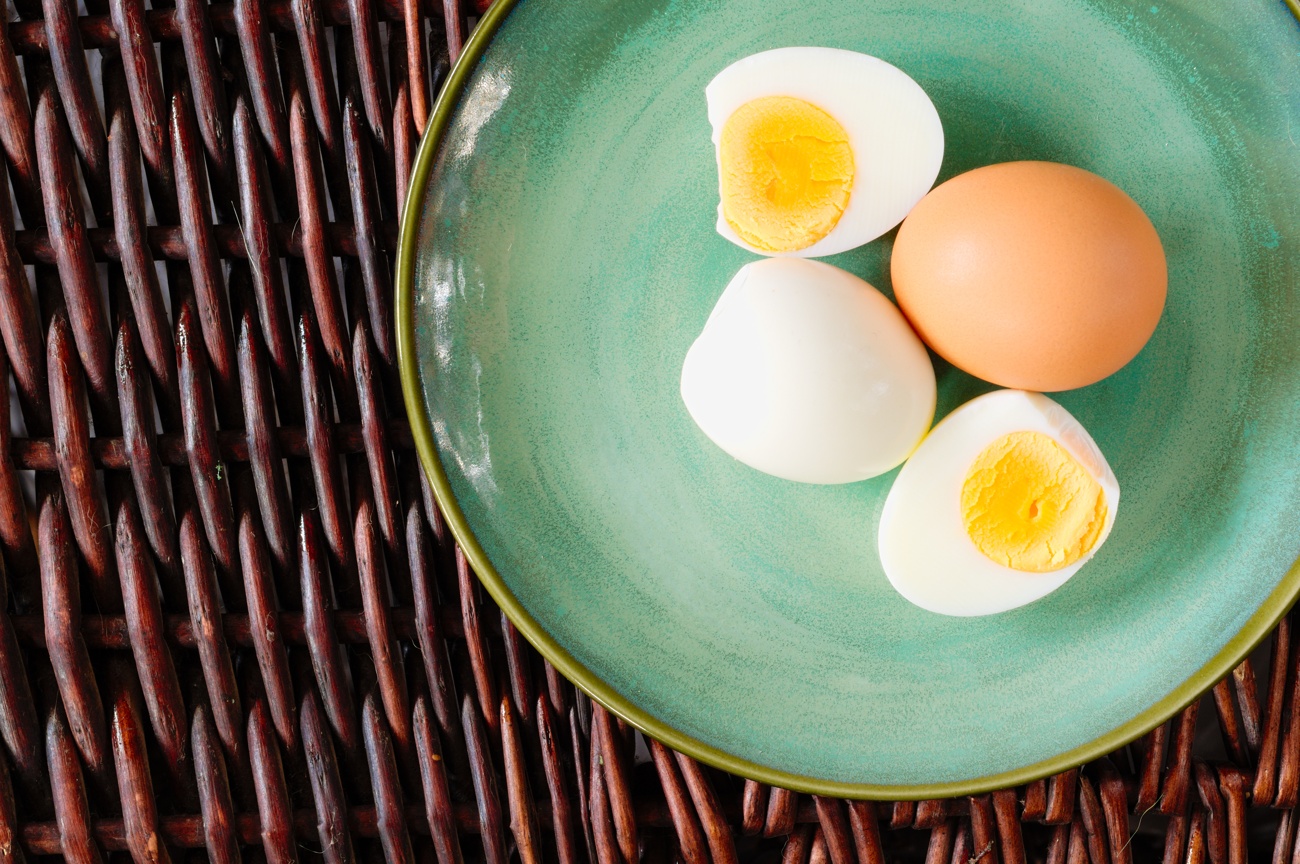
How long does a boiled egg keep?
A boiled egg can be kept in the refrigerator for one week as long as it is kept in the shell. If in shell, it is advisable to eat it the same day and keep it refrigerated until consumption. Also for food safety, you should not wait more than two hours to store the cooked egg in the refrigerator once it has been cooked.
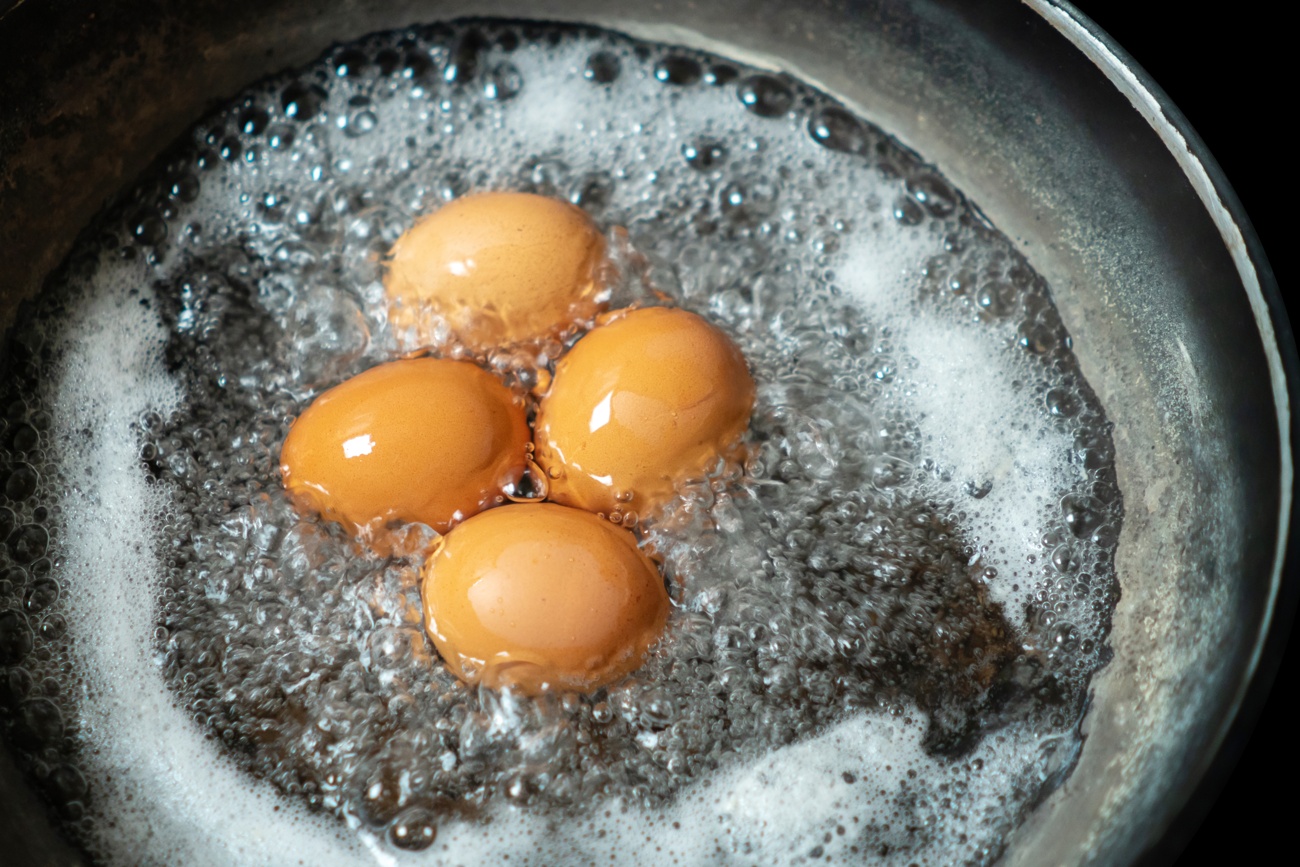
How to keep them if they are going to expire?
I am going on a trip for a couple of days and the eggs I have in the fridge are going to expire when I am away, what can I do to preserve them for longer and not have to throw them away on my return? If we cannot consume the eggs before leaving home for a few days, a good solution is to boil them. Remember that a boiled egg can be kept in the refrigerator for a week as long as it is kept in the shell and the cold chain is respected.
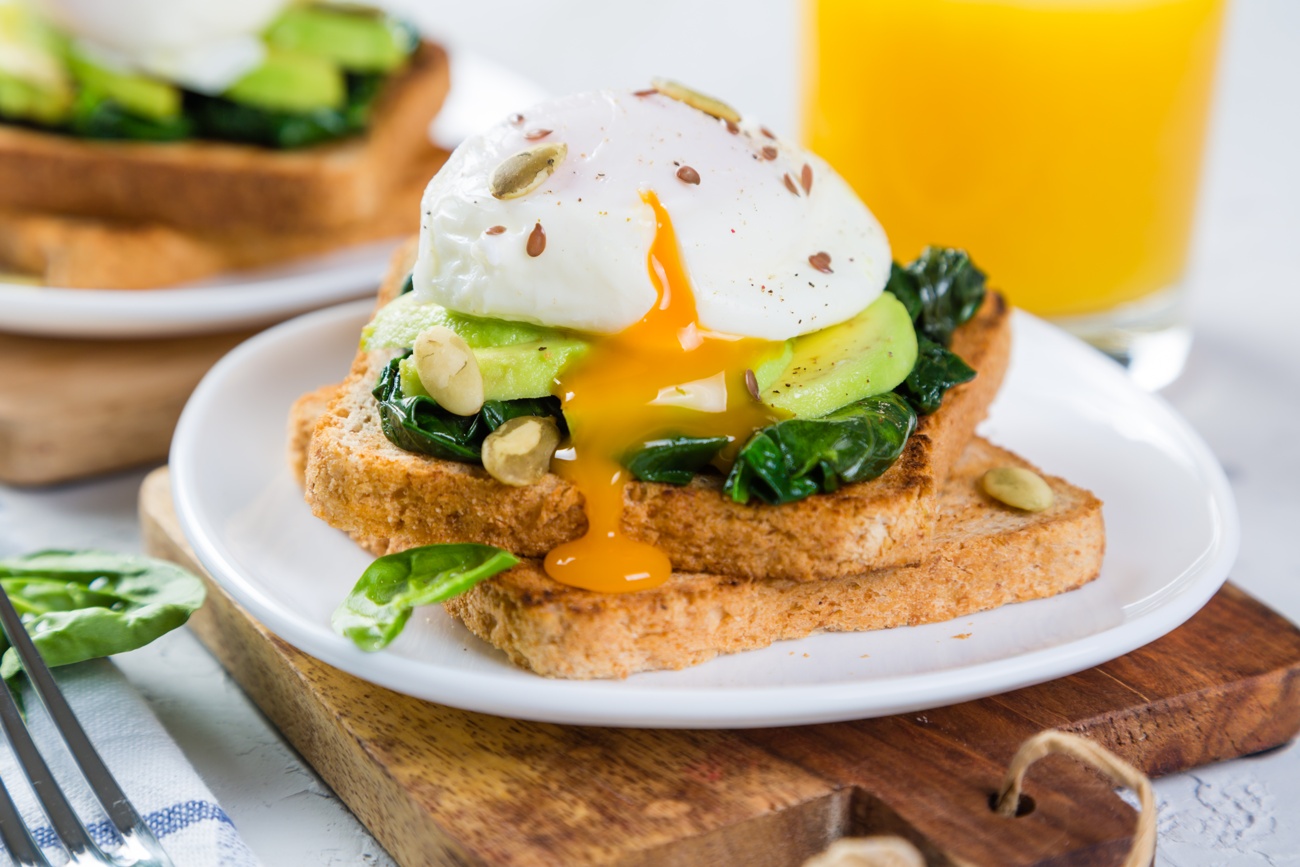
Is it safe to eat eggs in summer?
Of course. Eggs are subject to strict sanitary controls, both in the hens -from the moment they are born until the end of their life- and in the egg itself.
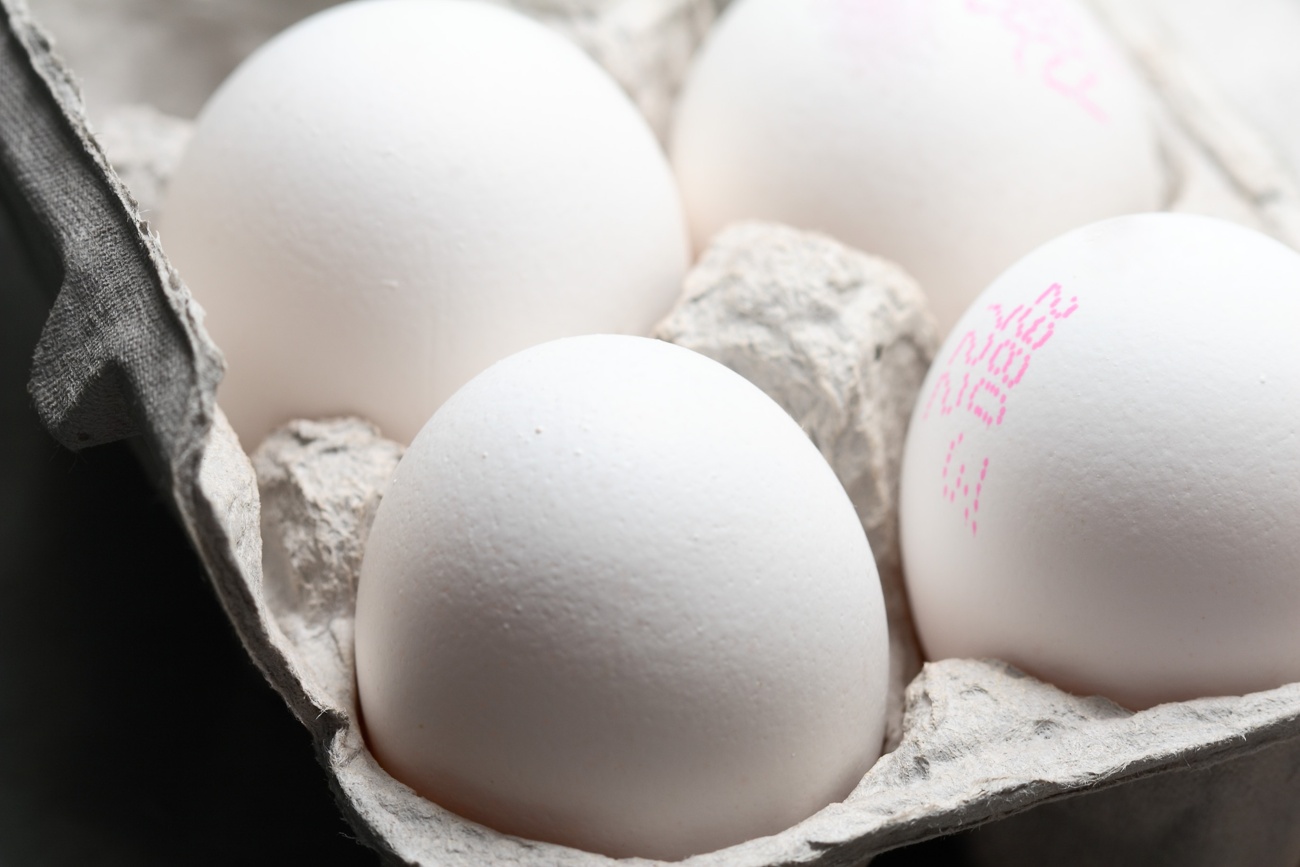
What does the code marked on the egg mean?
It is the traceability system of the product to the store. A series of digits are shown on the egg that explain how the hen was raised. The first digit shown goes from 0 to 3. If the first digit shown is a 3, it indicates that the egg comes from a farm where the hens are caged. If it is a 2, it indicates that the hens live on the ground, but in an enclosure. If the digit is a 1, they are free-range hens, where the free-range egg comes from. If it is a 0, the hens are free-range and also have organic feed.
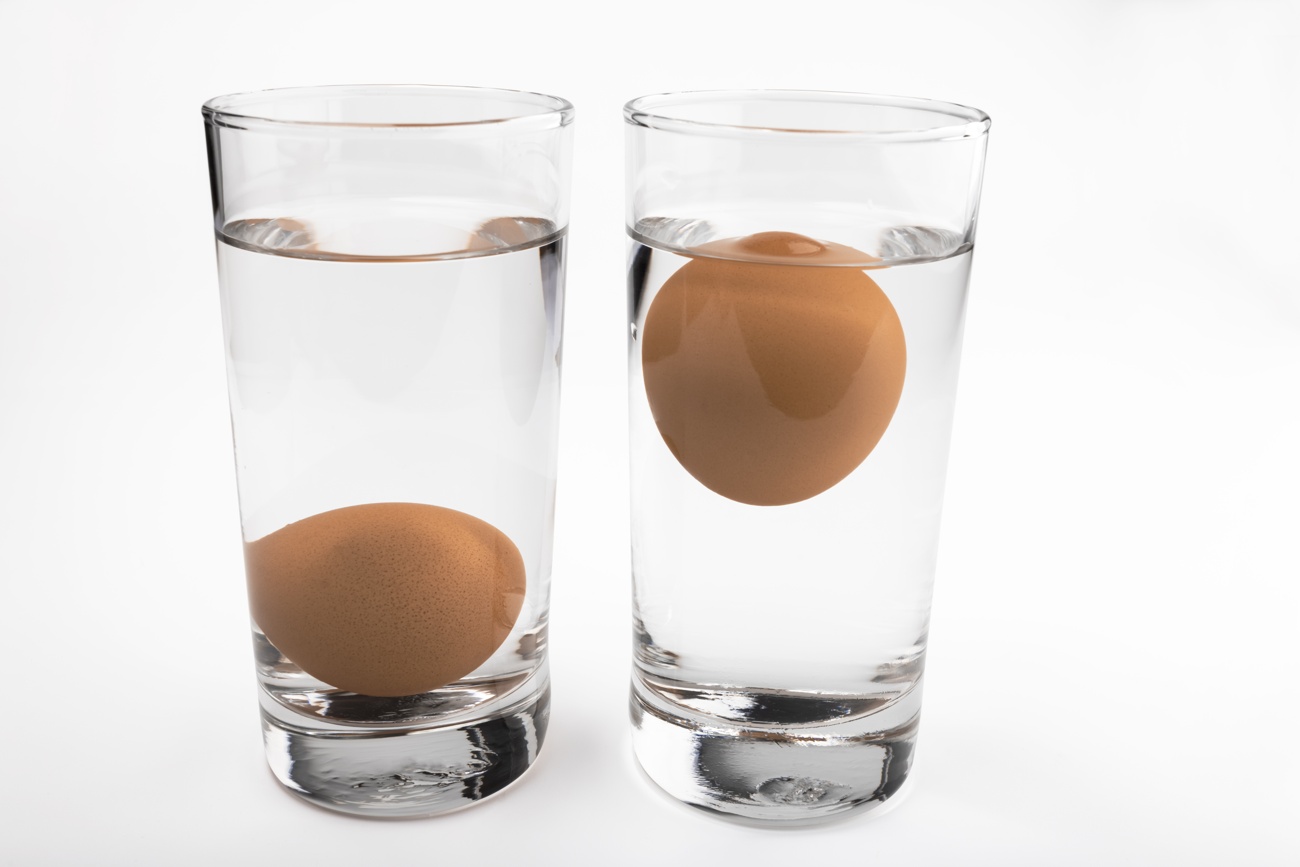
How can I tell if an egg is fresh?
I am going to cook an egg and the expiration date on the shell does not read well. How can I tell if it is fresh? At any time and at home you can check if your eggs are fresh by means of a simple test: the float test. To do it, just fill a glass of water and carefully place the egg in it. If it falls to the bottom, you can eat the egg with complete peace of mind, because it is fresh. If it stays in the middle, it is losing freshness; if it floats, it is not a fresh egg. The reason it floats is that as it ages, air is introduced into it, because its shell deteriorates and its membranes become detached, increasing the air chamber.
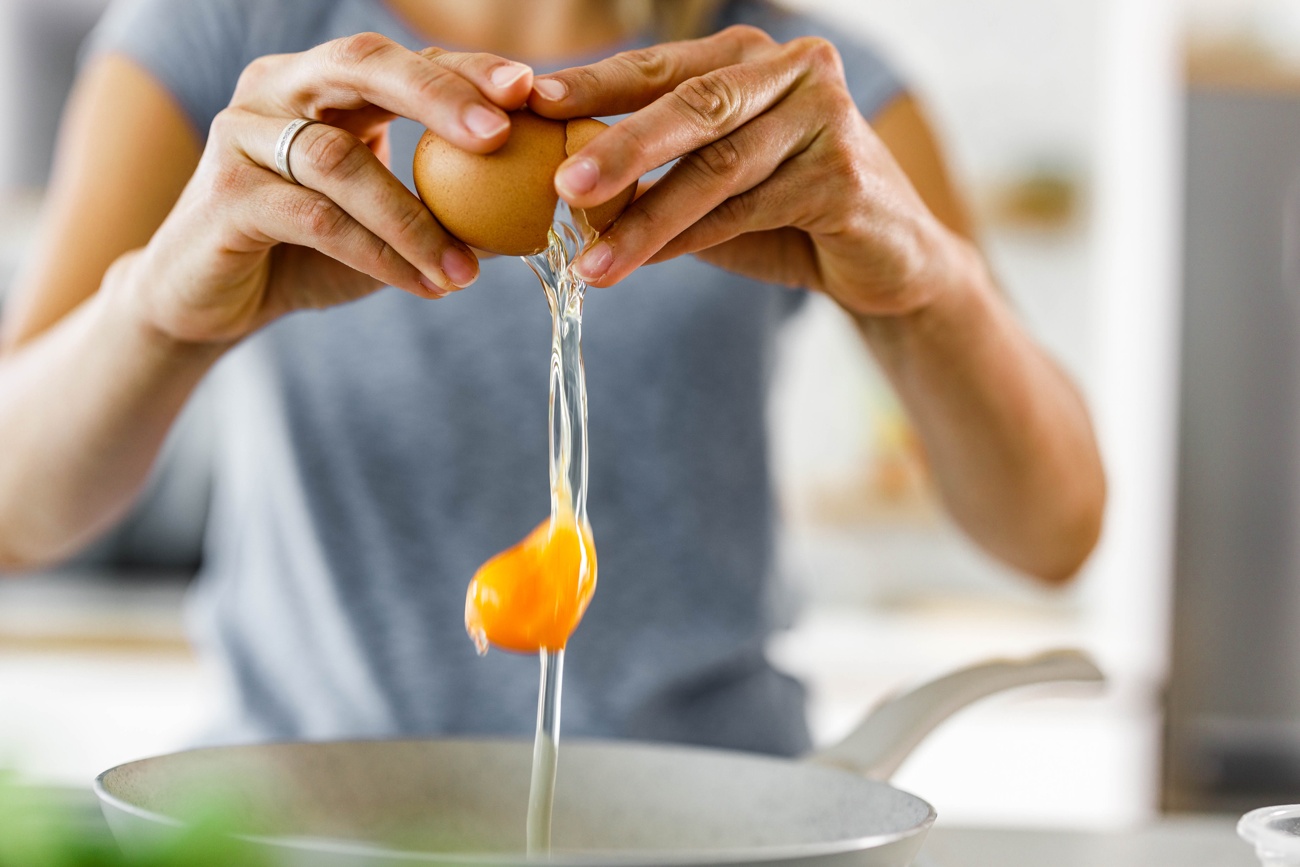
What is chalaza?
Should I discard the egg if I see a whitish gelatinous cord attached to the yolk when I break it? No. This cord is the chalaza and the unequivocal proof that the egg is very fresh and its function is to keep the yolk in the center of the egg. If it is there, it will stand out well because it stands out against the intense yellow of the yolk and the transparent gelatin of the white.
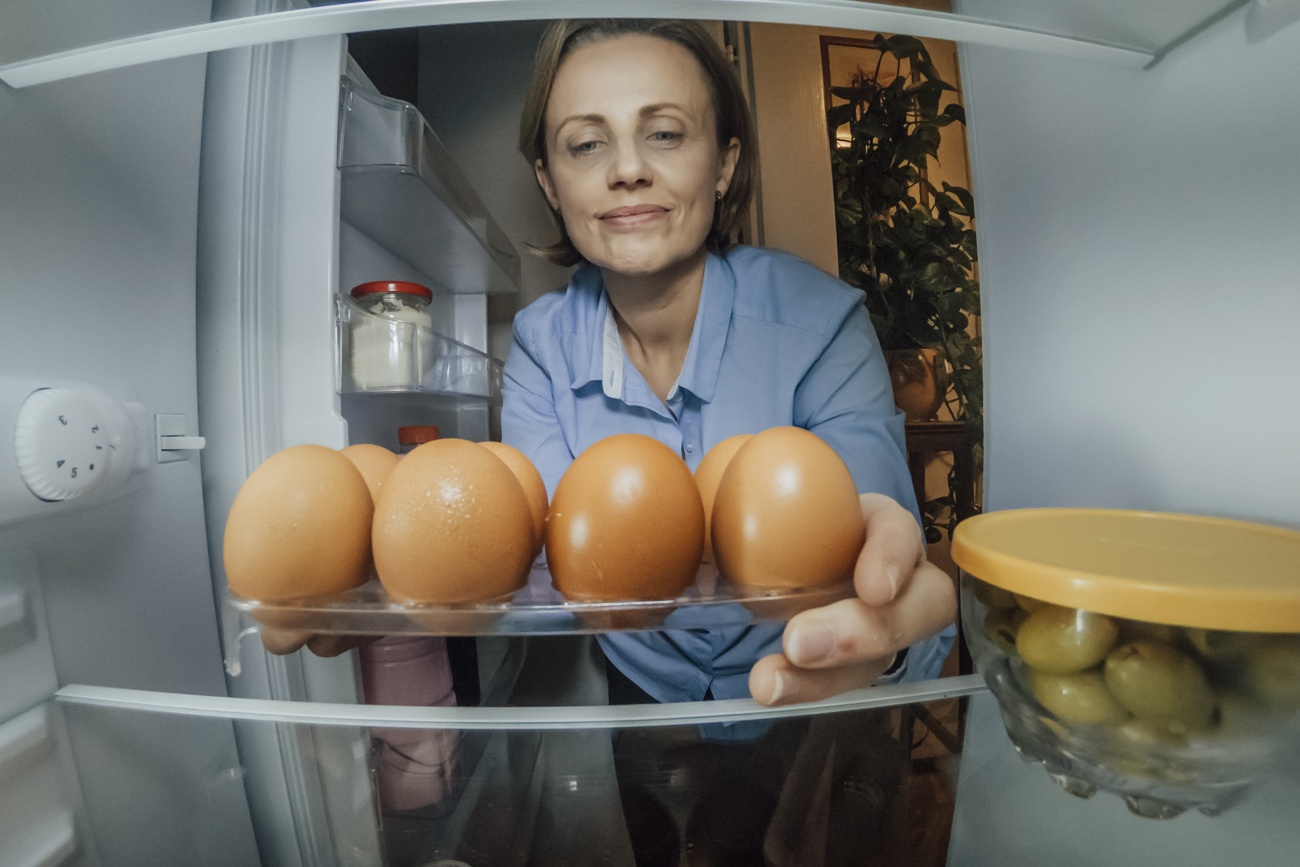
Where in the refrigerator do they keep best?
It is not advisable to store eggs in the refrigerator door, as they will suffer more from temperature changes there. Remember, the ideal is to place them on one of the interior shelves of the refrigerator.

Why do they have to be kept in the refrigerator?
Why, if the eggs are not refrigerated at the supermarket, should they be put in the refrigerator when you get home? It is important that eggs do not undergo sudden changes in temperature. For this reason, eggs in stores are not in the refrigerated area, since the thermal contrast when they go outside could harm them to a greater extent than the possible benefit of keeping them cold in the stores. However, once you get home, keep them in the refrigerator and do not take them out except to cook and eat them.
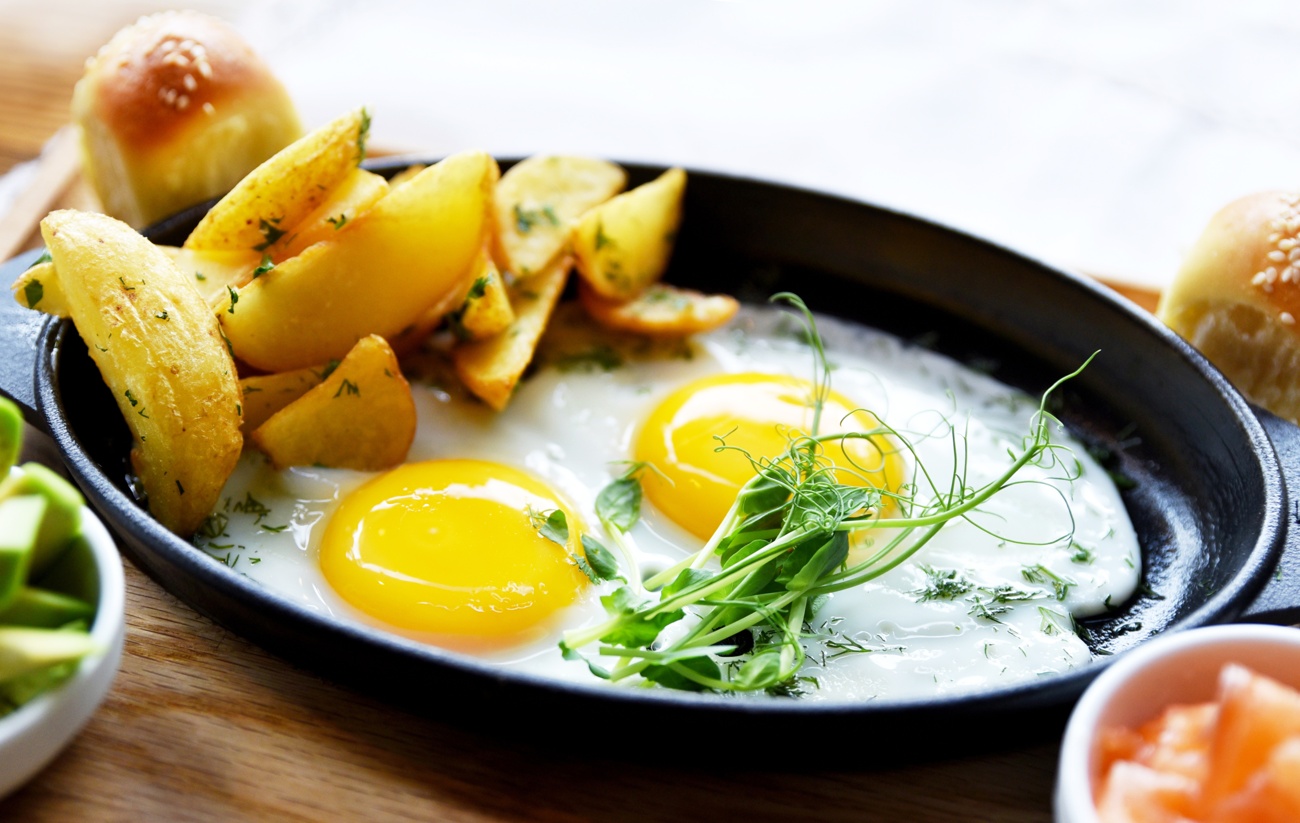
Does the egg have a lot of cholesterol?
Eggs contain cholesterol, but it is not assimilated by the body and is mostly eliminated. In addition, it contains phospholipids, nutrients that prevent this minimal absorption from occurring. In other words, banish once and for all from your mind the famous association between eggs and cholesterol because it is false. Egg consumption does not raise cholesterol.
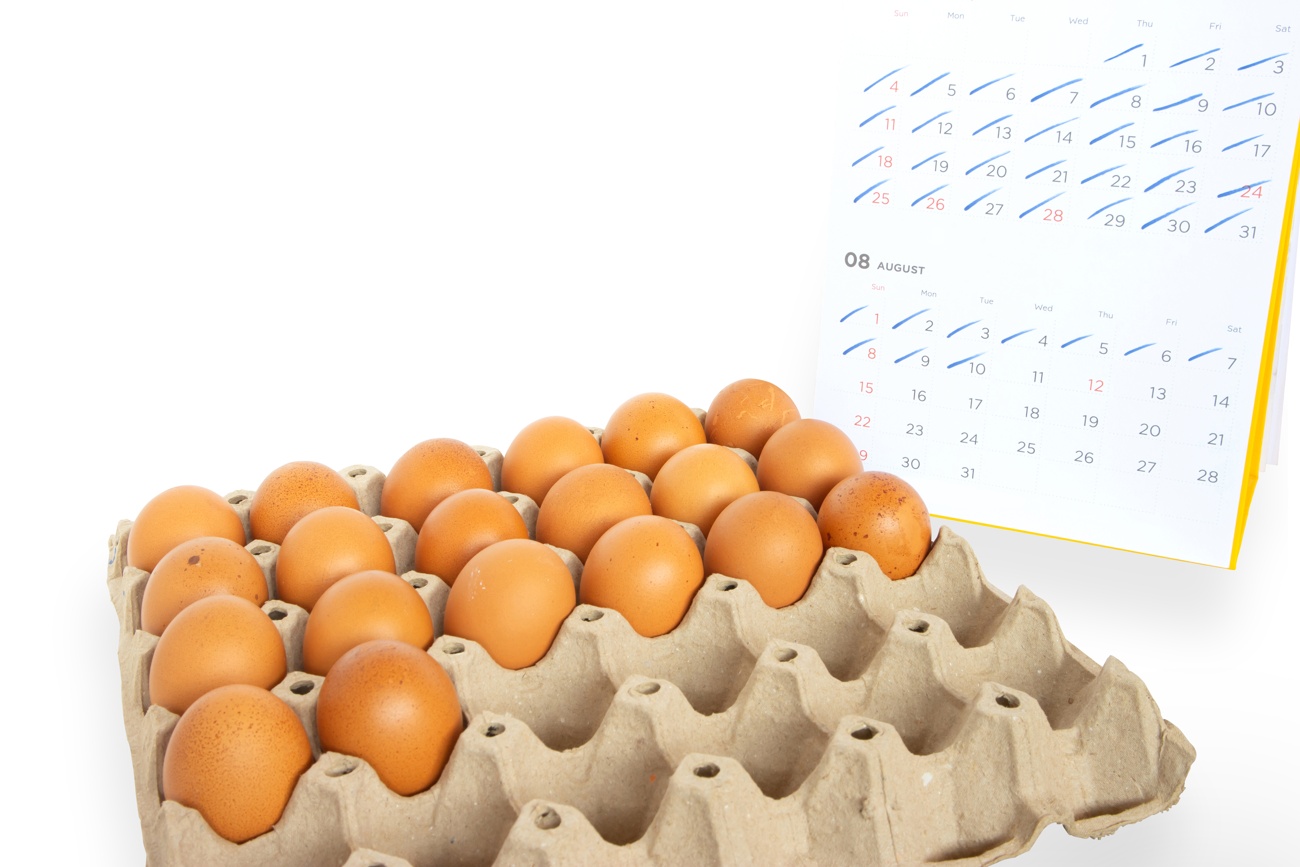
How many eggs can be eaten per day?
The scientific community has agreed for years that a healthy adult can eat up to 6-7 eggs without fear, that is, one egg a day. Your health will not only not suffer, but will improve. Eggs have a great satiating capacity, few calories, and a lot of protein, so it is very likely that -if you choose the right foods to accompany it- you will deal better with overweight, among other pathologies.
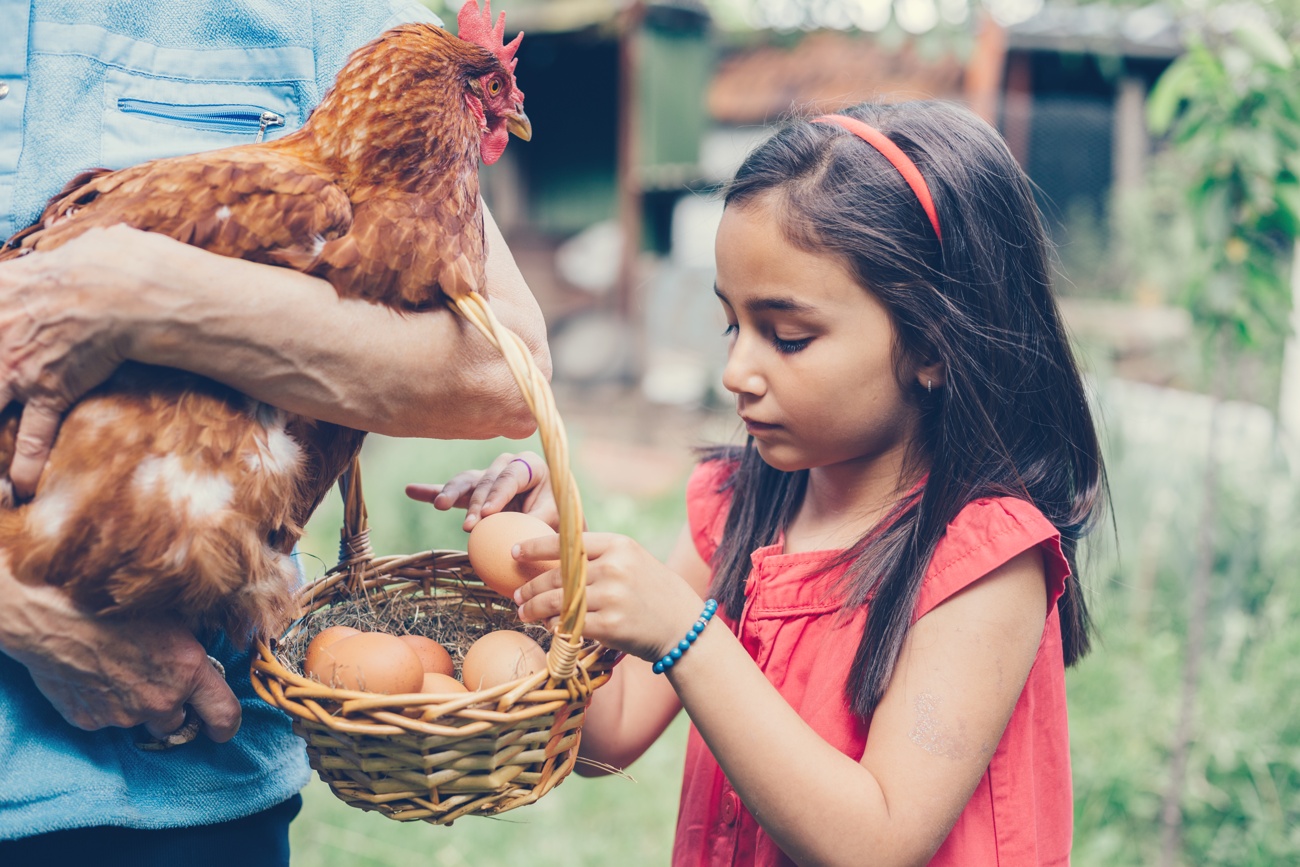
How is a free-range egg different from other eggs?
A free-range egg differs from the so-called «cage-free» eggs in that the hens that produce them can go outdoors. In other words, free-range eggs are from hens that graze in the field, so they can incorporate extra nutrients such as vitamins or minerals through their country «pecks» during their walks.






